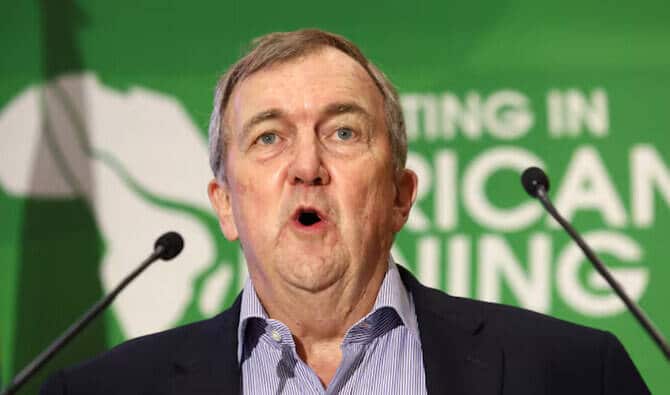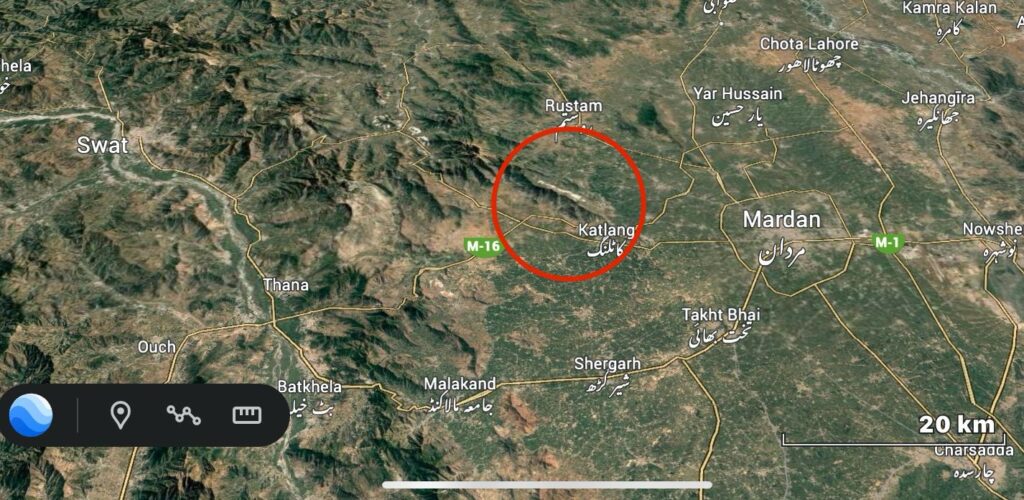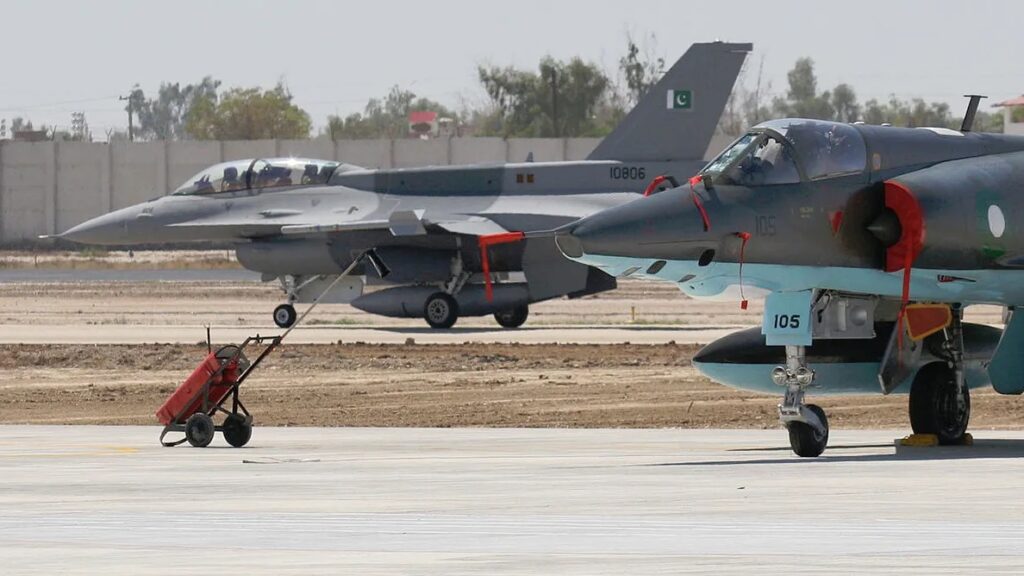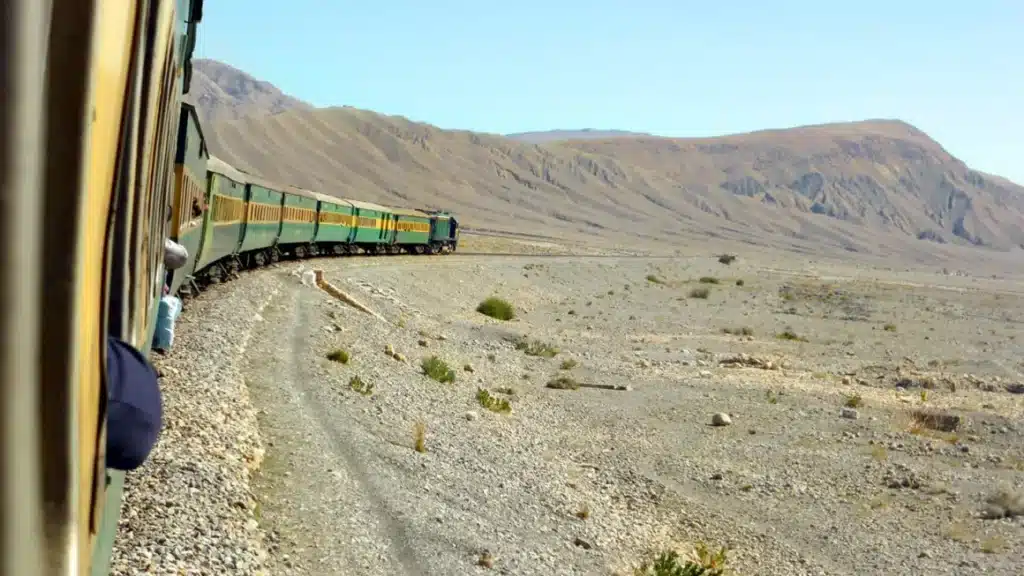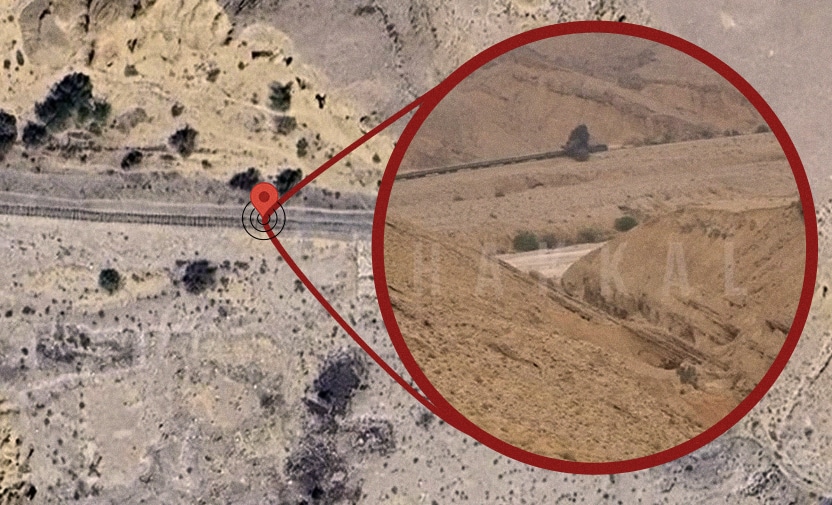QUETTA: The CEO of Canadian mining firm Barrick Gold says the Reko Diq project will bring “generational benefits” to Balochistan. He made the remarks during a visit to Humai village, located near the copper and gold mine site in District Chagai.
Reko Diq is one of the world’s largest untapped copper-gold deposits. Barrick Gold owns it jointly with the governments of Pakistan and Balochistan. Legal battles and investor concerns had delayed the project for years. Now, it is seen as a potential economic lifeline for a province long hit by poverty, underdevelopment, and insurgency.
Balochistan, Pakistan’s largest but least populated province, has faced unrest for decades. Local groups demand more autonomy and a fair share of resource wealth. Separatists often attack infrastructure, Chinese-backed projects, and security forces.
Amid this volatile setting, Barrick has promised inclusive and transparent development.
“Reko Diq is not just a mine. It’s a long-term opportunity for sustained growth,” said Barrick CEO Mark Bristow in a statement. “It can transform the lives of local communities.”
Bristow met elders and development committee members in Humai. He pledged investments in jobs, training, education, and health care.
“We are creating jobs not only through RDMC but also through our partner companies,” he said. “Right now, 75% of our workforce is from Balochistan, mostly from District Chagai. We want to increase that number.”
He also highlighted a new Mother and Child Health Center in Humai. The clinic provides maternal health services — the first of its kind in the area.
“No real progress can happen without local support,” Bristow added.
Humai village chief Liaqat Malik and Par-e-Koh Development Committee Chairman Taj Muhammad thanked Bristow. They praised Barrick’s community work and promised continued support.
Also Read: No selfies with outlaws: Balochistan’s zero-tolerance policy
Reko Diq is expected to start production by 2028. The project will create thousands of jobs and boost Pakistan’s export earnings. The government has pledged to protect the environment and ensure fair benefit-sharing. However, watchdogs still demand more transparency and community oversight.

